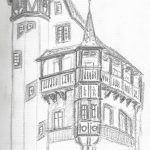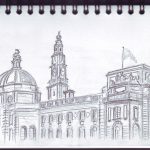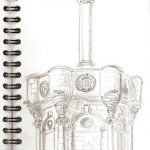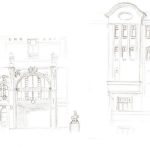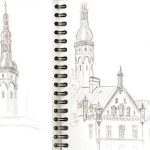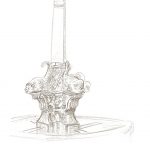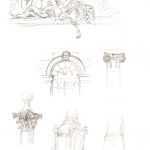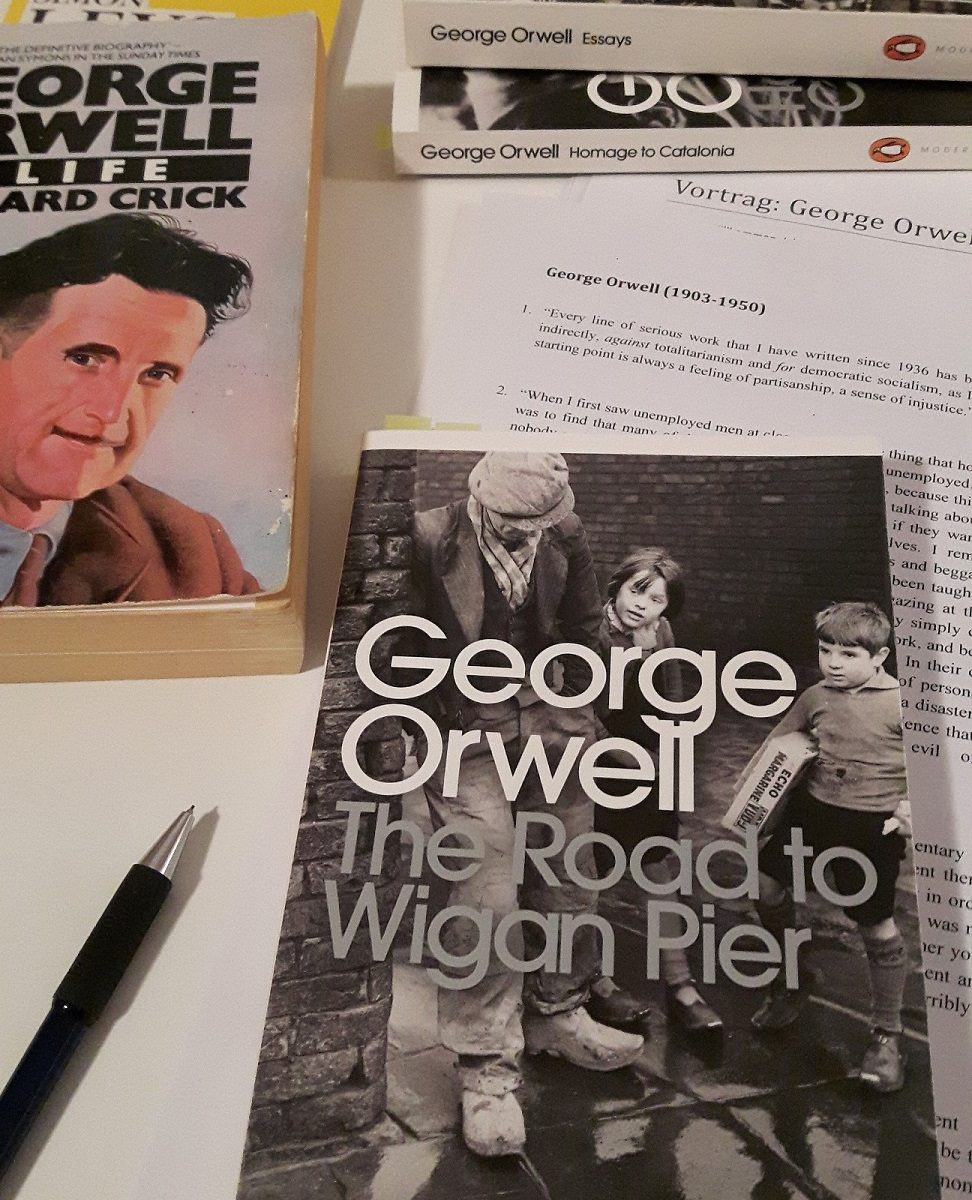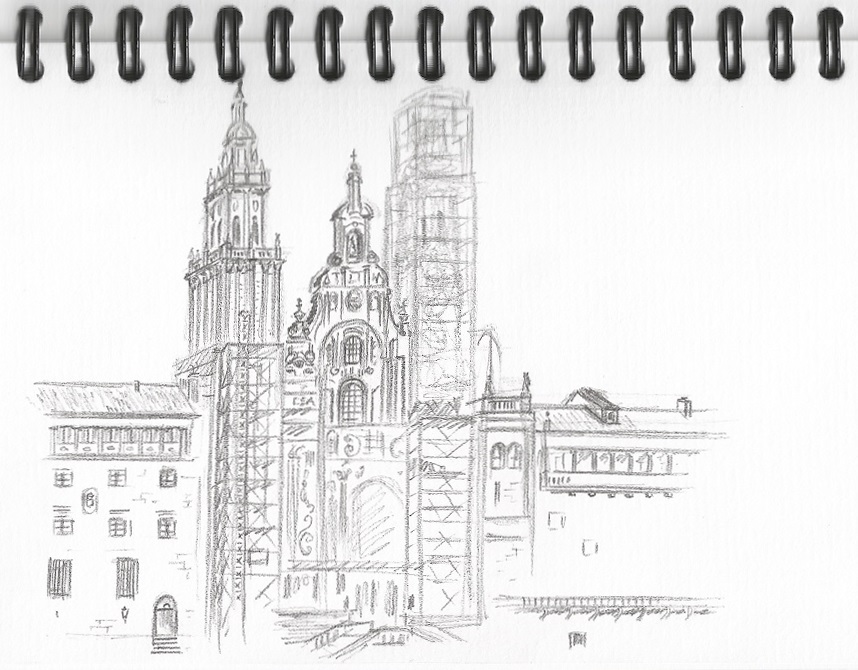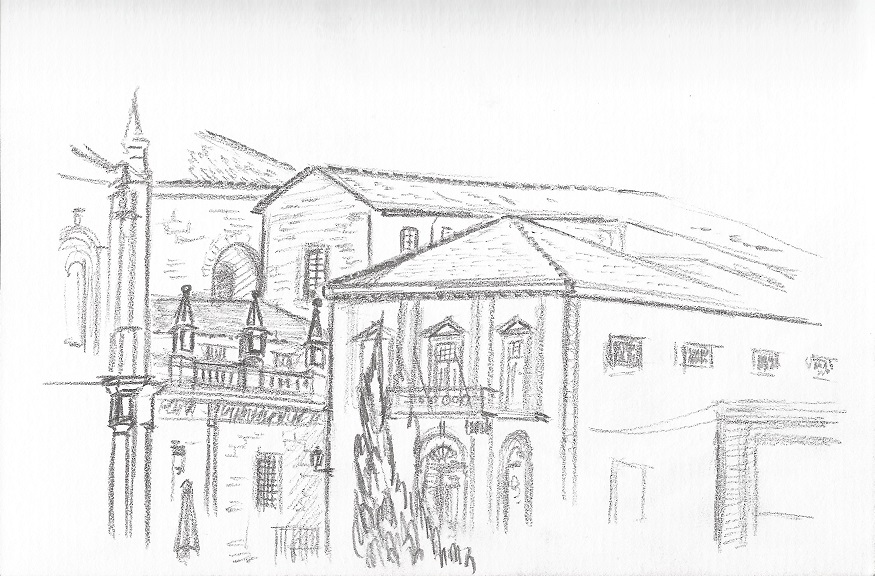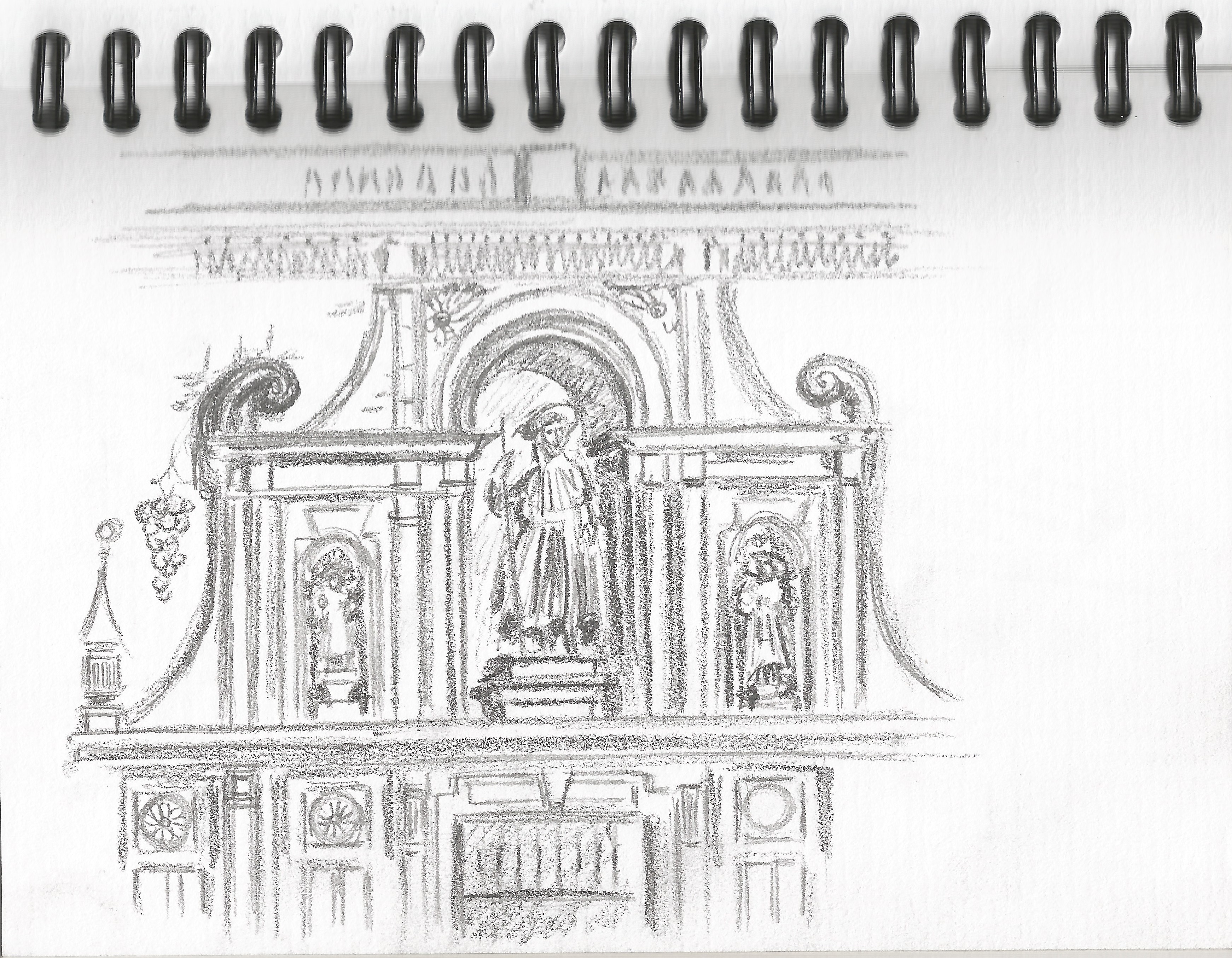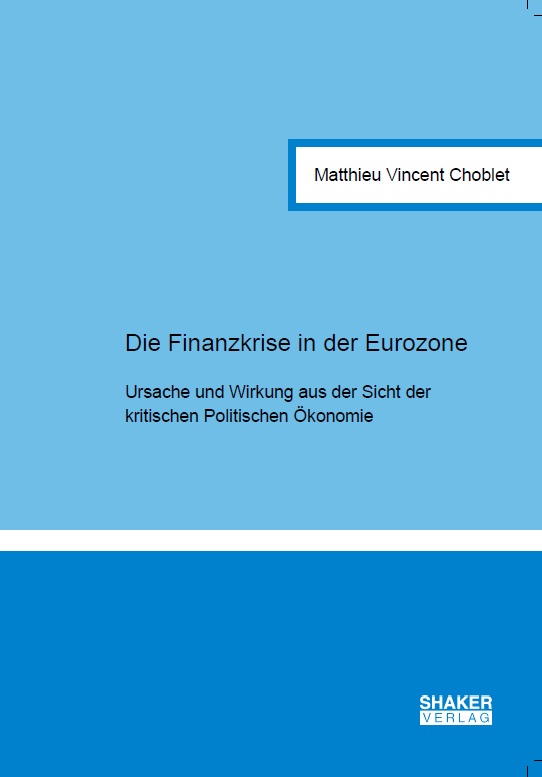Restless Sarkozy: Re-elected Party Head Promises to Unwind the Socialist Presidency
France, 20 Nov – 19 Dec 2014
Sarkozy head of party again, Socialists and National Front on the defensive ++ Shop openings and industry shut-downs ++ Violence and anti-Semitism.
by Matthieu Choblet
Sarkozy head of party again, Socialists and National Front on the defensive
Former French President Nicolas Sarkozy was (re-)elected head of the opposition party UMP (Union for a Popular Movement) with 64.5 percent of the votes, besting two rival candidates. Over 50 percent of the 268,000 party members participated via Internet. “64 percent is not the triumphal return Sarkozy was hoping for”, grumbled a spokesperson of the governing Socialist Party (PS). And yet, one of the most notorious politicians of the last decade is back on top at France’s major right-wing party.
The UMP was founded in 2002 by Jacques Chirac, former nominee for the Presidential election, with the aim to create a single right-wing party uniting pro-Europeanists and conservative sovereignists. Thereafter, the UMP was the ruling party for ten years until it collapsed in 2012: after Sarkozy’s defeat at the Presidential elections and the loss of the parliamentary majority, the party faced severe financial problems and its leadership was divided by a row over Sarkozy’s succession.


